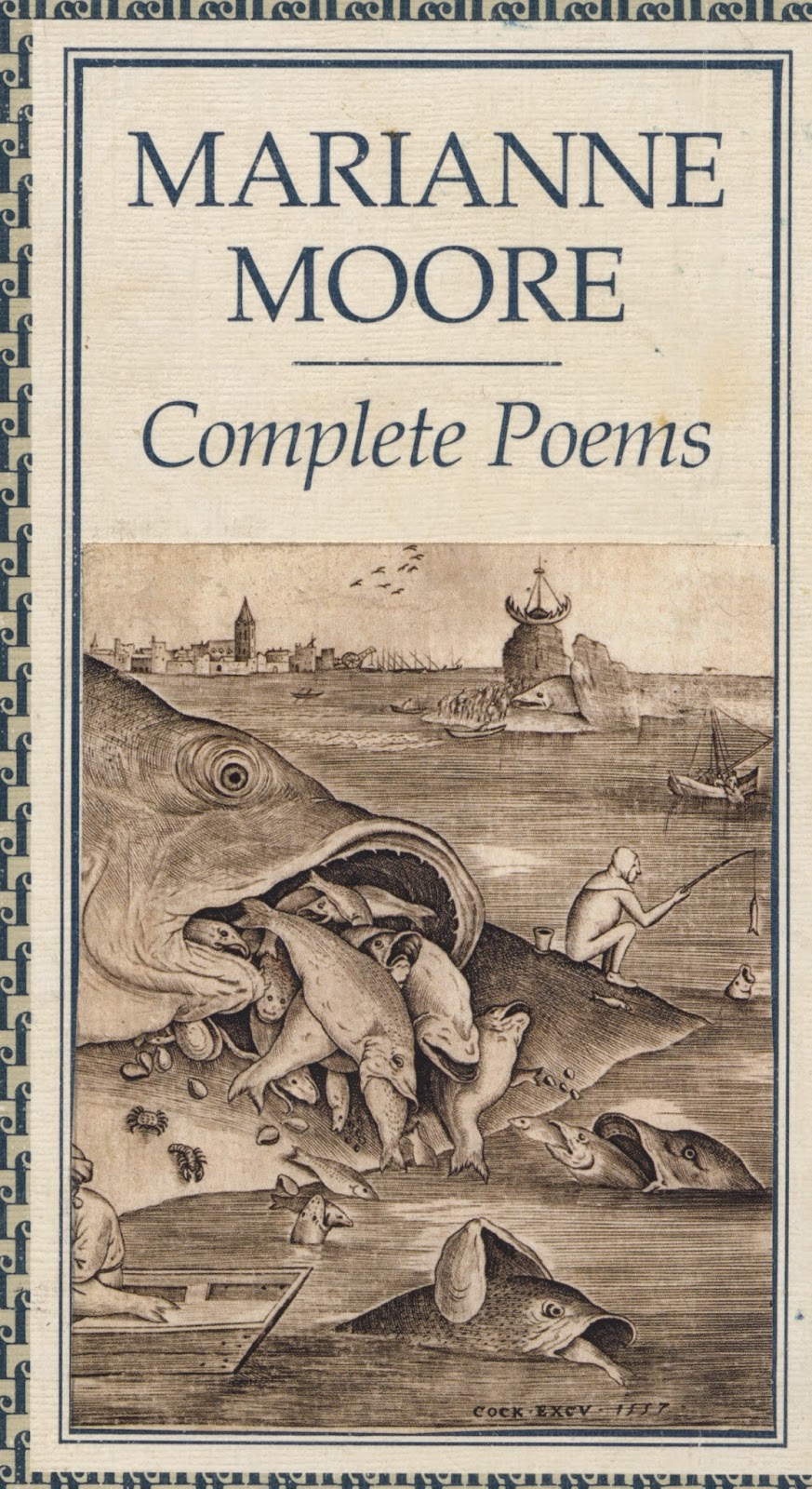My Dr Who watching years were mostly those of the Jon Pertwee & Tom Baker incarnations. I've been revisiting them with my younger daughter via the non-UK iPlayer (rip-off that it is ...). If anything they've gained in second viewing - the 50-year old self appreciating qualities missed by the child/adolescent self.
For me, what makes that era of Dr Who of interest is the utter lack of concern for popularity.* The programmes were not announced as 'cult' television. There were no pre-broadcast puffs. Blue Peter did not have items demystifying the special effects or a new creature. I sense that the people writing the series were drawing their inspiration from earlier Dr incarnations, the Sci-Fi genre as a whole & their own particular preoccupations & concerns. To put it another way, the creative energy was earthed. Not - as now - in television centre planning & strategy meetings (with that ever-ready eye to marketing).
Furthermore, the programmes were so obviously low budget. Watching now (2014) it is so evident how clunky the props, costumes & robots were. However - & this is the key point - this in no way impeded the imaginative & frightening power of the stories. Indeed, some of the most disturbing episodes were situated in 'real' suburban settings & the disjunction of ordinary & otherworldly was what proved so unsettling.
For me the whole catalogue of the Ghost Box label ...
... is proof of the continuing power of such an aesthetic. Limited means produce imaginative resources undreamed of by commissioning editors & CGI budgets. Plus, the visceral effect of texture. I've forgotten the name of the three-fingered Wayne Rooney lookalike in the Capaldi episode - about as disturbing as some Nintendo pixilated animation. Plastic through & through. Contrast this with the true ghastliness of a Cyberman, Sea Devil or Davros with his bulging veins & clawed hand.
Or perhaps this is the real issue: Analogue versus Digital. Can a viewer brought up on digitised images respond to such material revulsions?** Or has whatever aspect of the brain-spine-heart wiring been deadened & now requires more blunt stimuli. (& I'm thinking here also of my loathing of Baz Luhrman's Gatsby, the pervasiveness of synth drumming, even the artificial ringtones, bleeps & cheeps that infest daily life. A colleague who teaches art laments the way that students find watercolour dull accustomed - as they are - to Adobe Photoshop screen brightness.)
Returning to that Capaldi first episode what potential lay there in embryo. Imagine a carefully built-up episode set - OK - in late Victorian London. Imagine various symptoms being detected amongst the population - strange skin defects, scaling ... Imagine unexplained fire debris, body parts, rooms completely gutted. Imagine a group of scientists setting to work in the underground sewers or cellars - the usual kind of scientific arrogance refusing to accept anything but a perfectly rational explanation. & then ... some kind of larvae ... a hatching ... but which (another key point) would NOT be shown but intimated - reaction shots ... sound effects ... & right when you think ... CUT! roll the title music & credits. Leave the innocent mind to spawn its own horrors until the next instalment.***
Instead of which we had the BIG EFFECT right from the off : a bloody great dinosaur lurching around the city. Question is: where the hell do you go from there? Top that!
Pointless to ask what ....? how ...? but if .... then ... ? Internal logic has been sacrificed to the putative Audience Out There Who We Know Want ... But what about all those screaming at their screens No! No! No! ... & then, with a sigh, reaching for the off button.
& of course this problem is not limited to Dr Who but runs right through mainstream broadcasting.
Knock knock
Who's there?
Dr
Dr Who?
You - you've been doctored
The old joke - how unfunny ... but how very true.
_______
* My deep dislike of Friends was confirmed the day I learned that recordings of the show were constantly interrupted as scriptwriters asked the audience whether a joke was funny or not. What utter lack of courage & integrity. Could anyone imagine Monty Python emerging from such conditions?
& by such a logic, how will we ever get anything truly new or surprising or life-transforming?
** Although I lack the necessary technological know-how I'd even suggest the film resolution. Poorer quality television actually creates atmosphere & a sinister suggestiveness. Whereas cinemascope style clarity is the visual equivalent of vanilla ice cream.
*** Anyone thought of commissioning Iain Sinclair to write a series? No, I thought not.




















